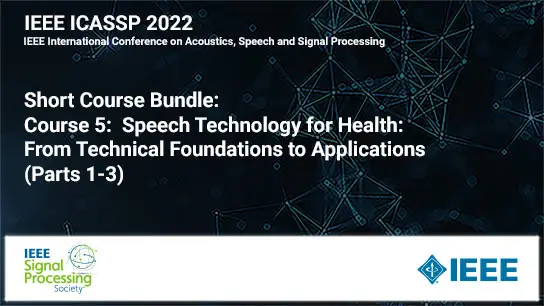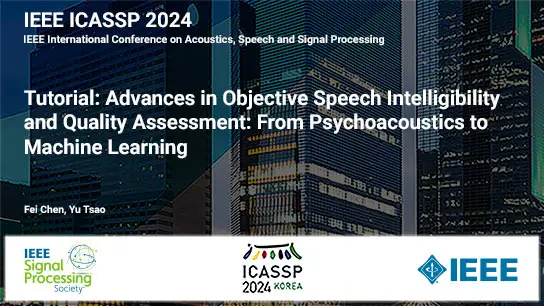How to Merge Deep Learning Models with Physics for Fast Multidimensional MRI
Dr. Matthews Jacob
-
Members: FreeSPS
IEEE Members: $11.00
Non-members: $15.00Length: 02:59
18 Apr 2023
Model-based deep learning (MoDL) methods that combine imaging physics with convolutional neural networks have shown great promise in improving image quality and computational efficiency compared to compressed sensing (CS) based MRI methods. However, they face challenges such as lower robustness to input perturbations, vulnerability to model and data mis-fits, and do not have energy-based formulations like CS methods. In addition, MoDL methods have a high memory demand and often require large fully-sampled datasets for training. As a result, it can be challenging to apply MoDL directly to free-running multidimensional MRI sequences that encode spatial & temporal dimensions and multiple contrast mechanisms. This is a significant limitation since free-running sequences are more time-efficient and enable different views and contrasts for tissue visualization. To address these challenges, we will present novel MoDL formulations that improve robustness, reduce vulnerability to model and data mis-fits, and reduce memory and data demand during training. These advancements will be demonstrated in challenging neuro, cardiac, and lung MRI applications involving free-running MRI sequences.


